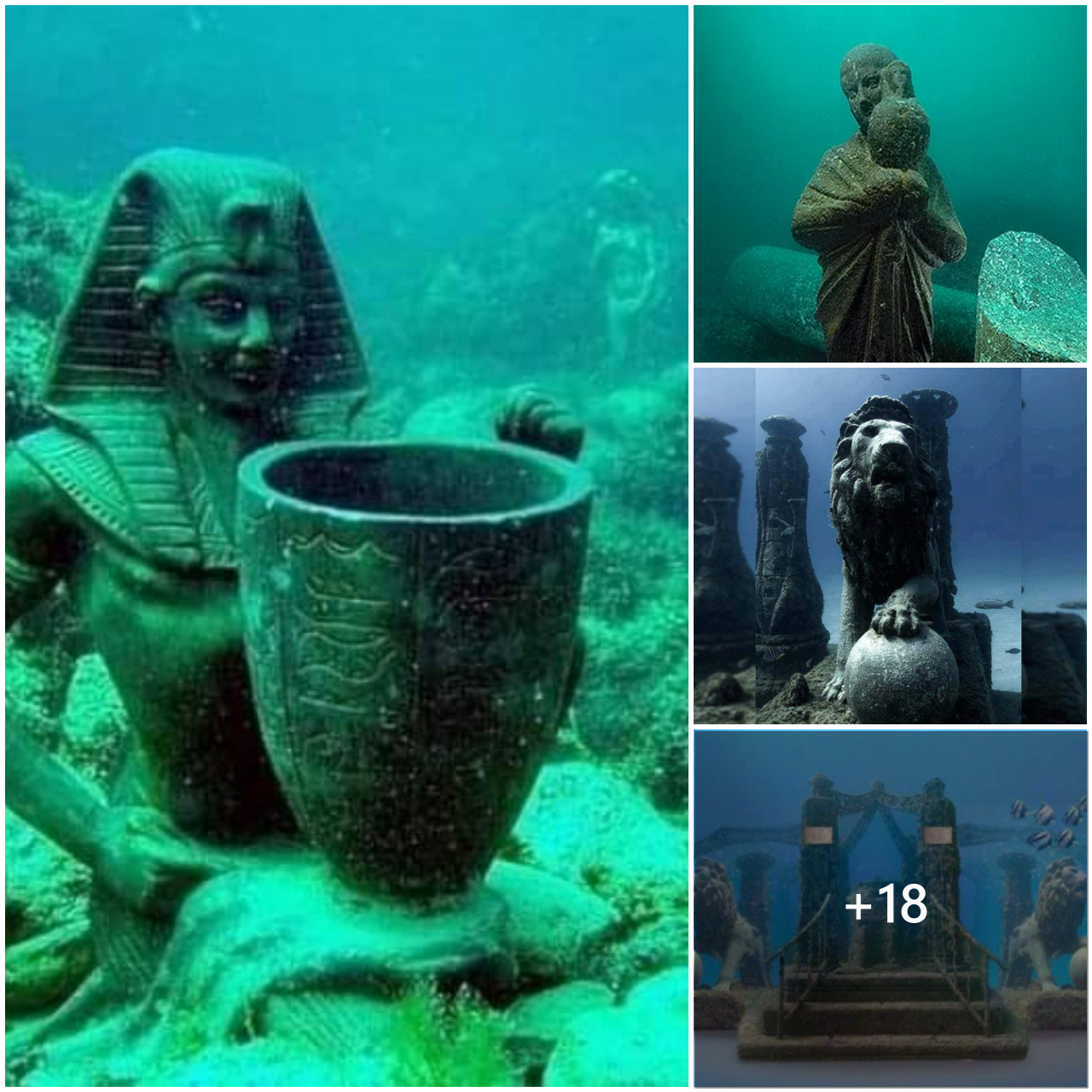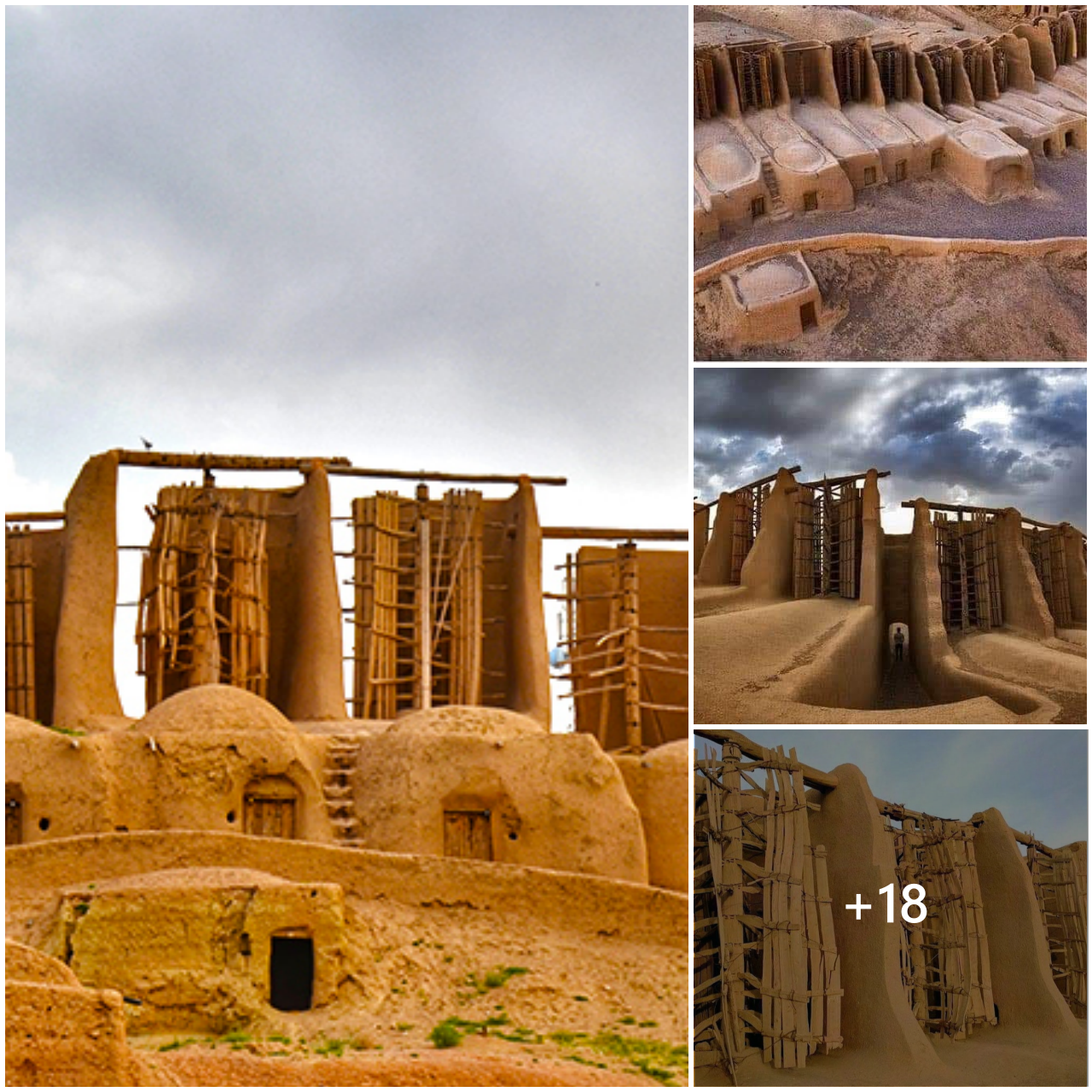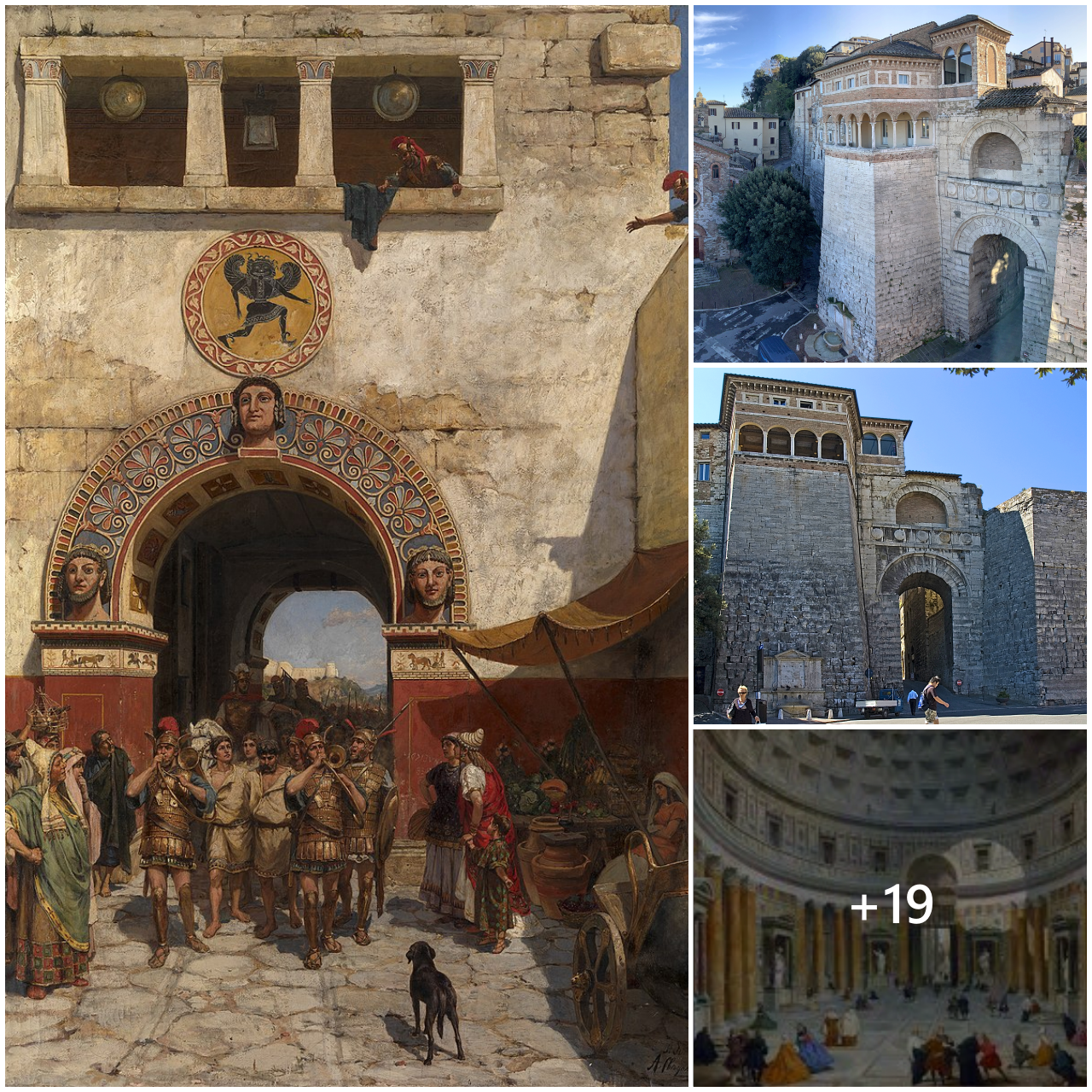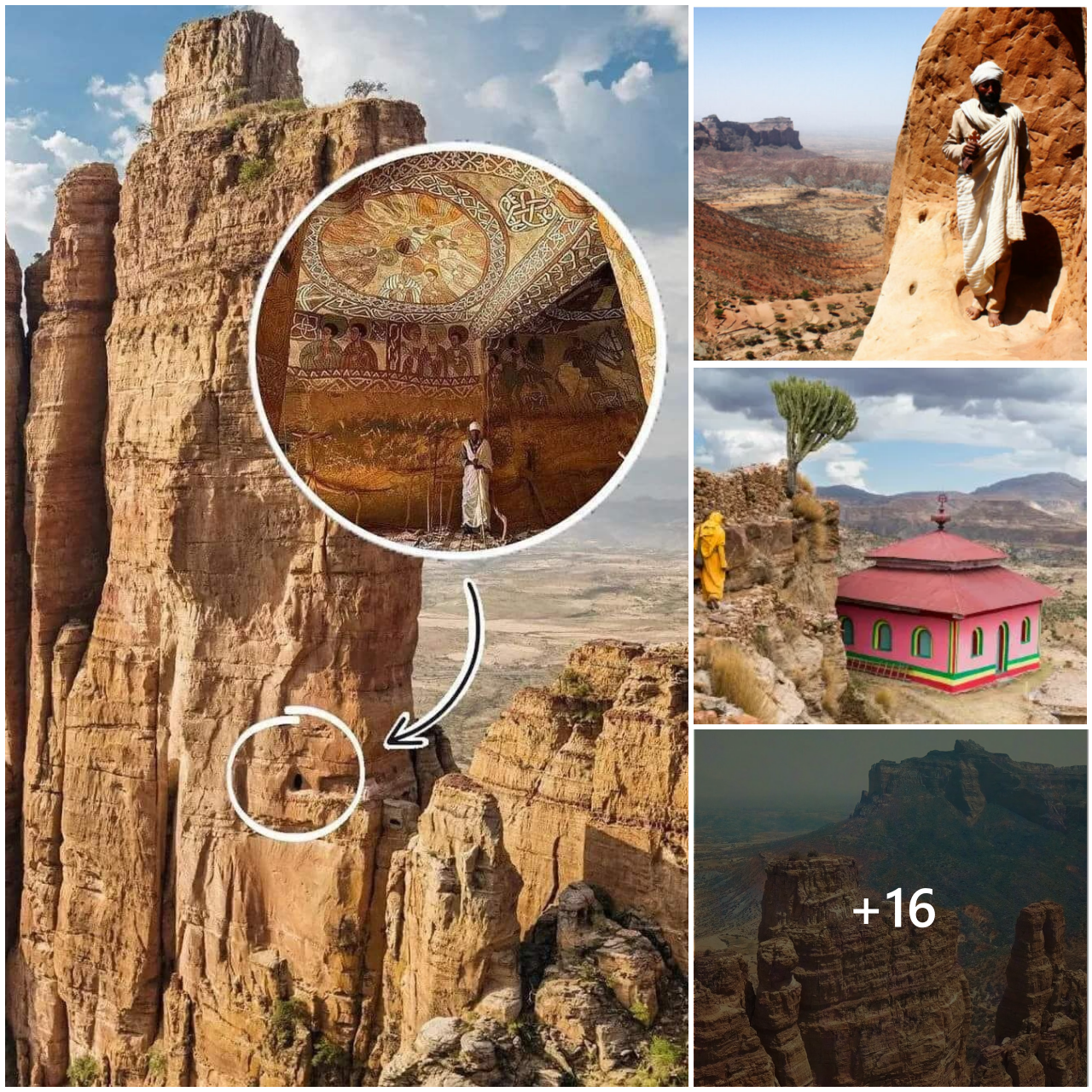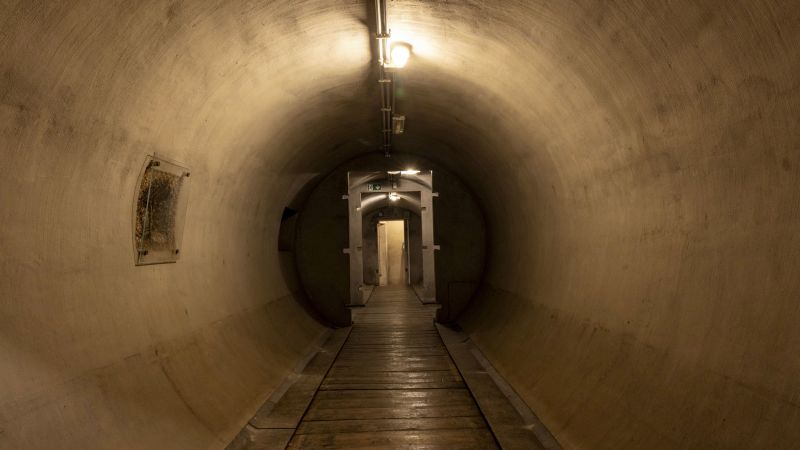
June, 1940. Italy enters World War II, and Fascist dictator Benito Mussolini promptly sets about constructing air raid shelters for himself at Villa Torlonia, his grand Rome residence since 1929.
In total, the fascists build three underground structures to protect Mussolini and his family. The first, in 1940, was an adaptation of an old wine cellar in the grounds of Villa Torlonia. A year later, an air raid shelter was built in the basement of the Casino Nobile, one of the buildings in the grounds of the villa. Its rooms were clad with 120 centimeters (four feet) of reinforced concrete, and had anti-gas doors and an air purification and exchange system.
Meanwhile as the war progressed, Mussolini planned an armored bunker, located underground in front of the Casino Nobile.
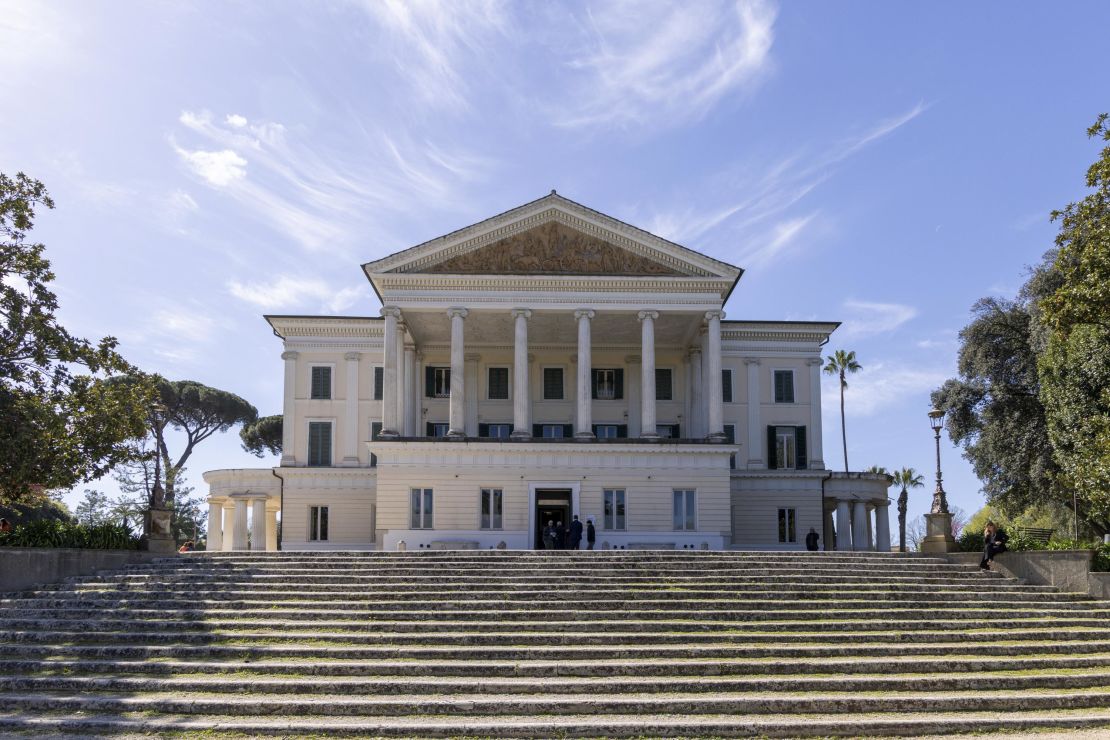
Located six meters (nearly 20 feet) underground, it was built in a cross shape with corridors 15 meters (nearly 50 feet) long and 2.5 meters (8 feet) wide, reinforced with four-meter-thick (13 feet) reinforced concrete. Construction started in December 1942, and the bunker was unfinished – lacking watertight doors, a final ventilation system and a toilet – when the dictator was arrested on July 25, 1943.
The bunker was first opened to the public in 2006, but closed two years later, before undergoing temporary openings in the coming years.
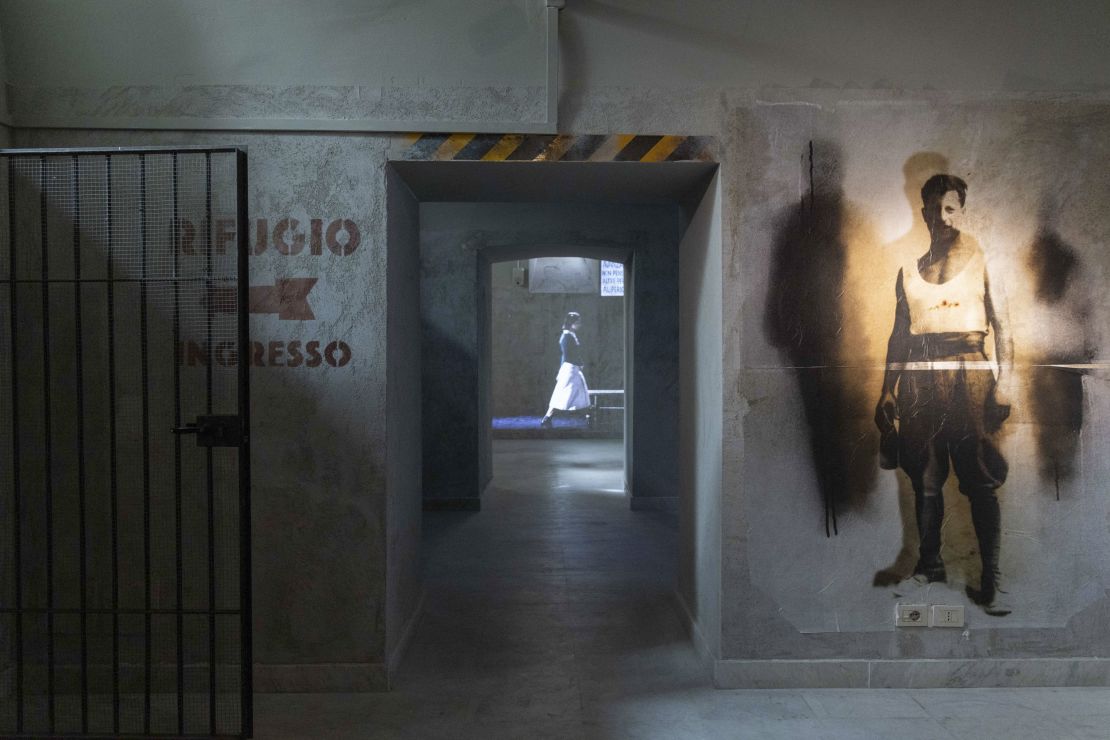
After its last closure in 2021, it has now reopened for guided tours of the air raid shelter and the bunker. The complex now includes a multimedia exhibition about Rome during World War II, air raid systems for civilians, and the series of 51 Allied bombings that pummeled the city between July 1943 and May 1944. There is a special focus on the 1943 bombing of the San Lorenzo neighborhood, thought to have killed over 3,000 civilians. Guided, 50-minute tours take visitors underground and through the exhibition, before they experience a recreated air raid in Mussolini’s unfinished bunker.
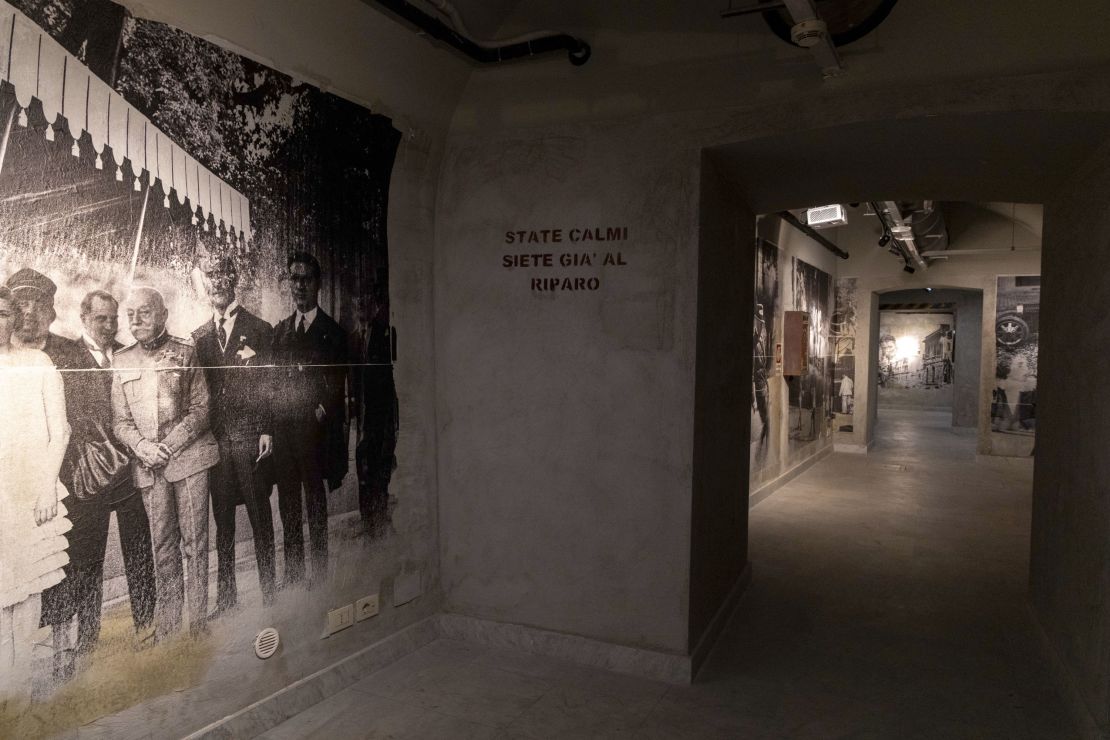
Tours – which are not accessible for those with mobility issues – take 50 minutes and run from Fridays through Sundays, with a tour in English each Saturday at 11 a.m. Tickets cost 12 euros ($12.80) and are bookable online.

